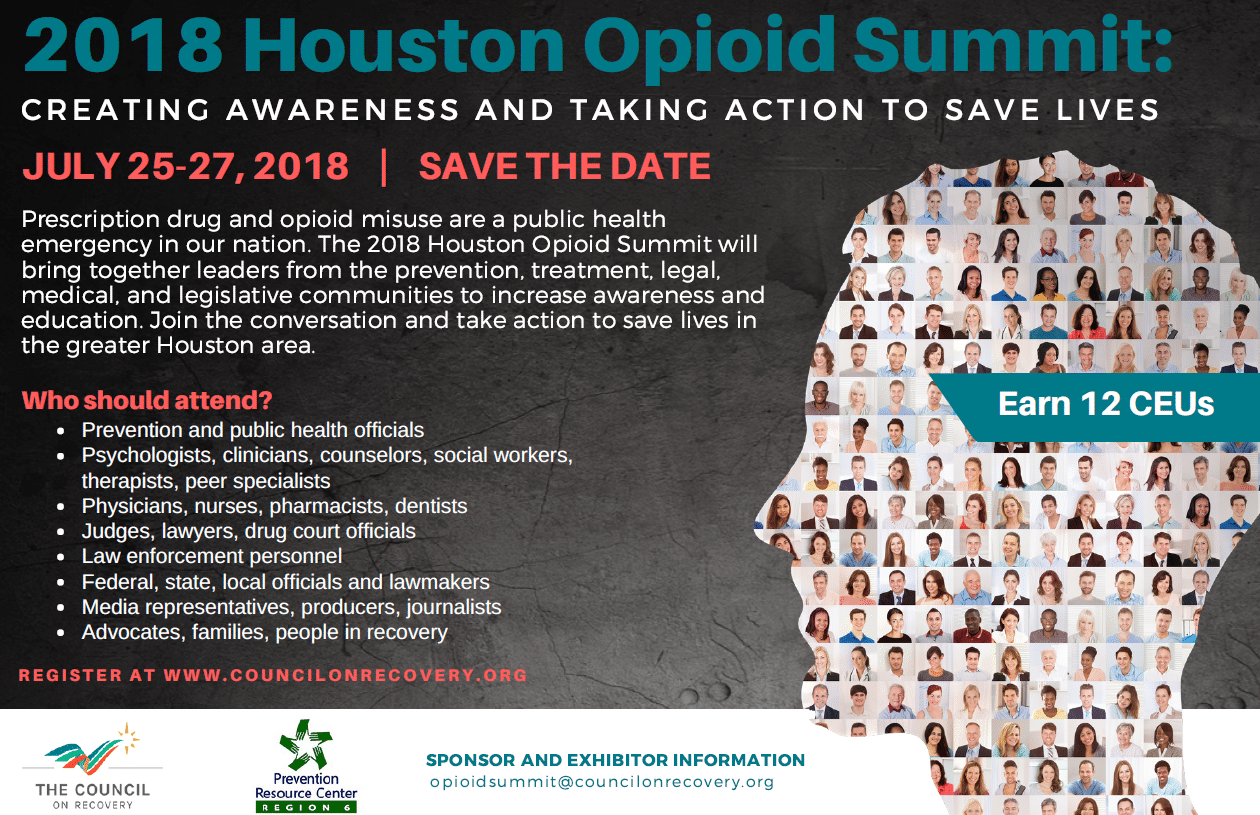Guest Blogger and long-time Council friend, Bob W. presents Part 32 of a series dealing with Alcoholism and Addiction from a Mystical, Mythological Perspective, reflecting Bob’s scholarly work as a Ph.D. in mythological studies.
In the mythos of the Greek experience in history, the fundamental tragic flaw was hubris, debilitating self-pride. The heroes in many stories became so exalted in their activities that they assumed qualities and stature resembling the gods, at least to themselves, men like Achilles, Agamemnon, Icarus, Lucifer, Midas, Odysseus, Oedipus, to name a few. Their behavior eventually angered the gods so much that they were crushed with serious accidents or defeats, events that were their ignominious downfalls.
For some of us with the disease of alcoholism, where the descent into the depths of the disease occurred a bit later in life, our earlier lives may have been parallels to these ancient heroes, full of ascents and achievements that were reminiscent of them, if a bit less laudatory.
Many of us were born into families of stature but devoid of love and nurture. We learned early on to strive to achieve with relentless determination, surpassing everyone’s expectations but with little concern for others. We learned to play by the rules until we figured out which rules could be broken without consequences. Our budding narcissism grew to the point where family and friends were only good for furthering our own selfish needs; abuse became the norm.
Alcohol was always a release, but the pressure of the world we were creating made the medicating effects of alcohol, in increasingly absurd quantities, more and more necessary. We found comfort, however fleeting, in dark walnut-paneled sanctuaries, with altars of gleaming bottles and brightly colored spirits, and with aromas as intoxicating as incense to a monk, sanctuaries where we could worship in Dionysian revelry for hours on end. We found companionship in supple, amply-endowed, if anonymous, counterparts who were only an ATM away. Our behaviors in these activities increased over time until they were nothing more than a rapidly accelerating descent into ugliness and depravity…and, eventually, into a state of “pitiful and incomprehensible demoralization.”
Like many of the Greek heroes, our wallowing in the “ignominy of defeat” led only to a desperate search for redemption. Struggling with the torment of our behaviors, we finally succumbed to the dictum of “doing whatever it takes.” We entered the “rooms” and sought the fellowship of recovery. As difficult as was the separation from the medication and the behaviors that precipitated their consumption, the discovery of the Fellowship and its “prescription for living” became increasingly glorious.
In the later stages of his journey, Odysseus was stripped of everything and landed naked and broken on Scheria. He told his story to the assembled in the palace of King Alcinos, was granted asylum, and then fitted out for the final journey to Ithaca, his home. It is here he finally achieved all his heart could have wanted under the guidance of the goddess Athena. All of us find that life in the journey to Recovery is very much like that…glorious in a place on the Earth that has all the wonders of a palace which has been built with the grace of our Higher Power.

 Major July 25-27 Summit to Gather Multi-Sector Experts to Confront Opioid Crisis & Forge Solutions
Major July 25-27 Summit to Gather Multi-Sector Experts to Confront Opioid Crisis & Forge Solutions